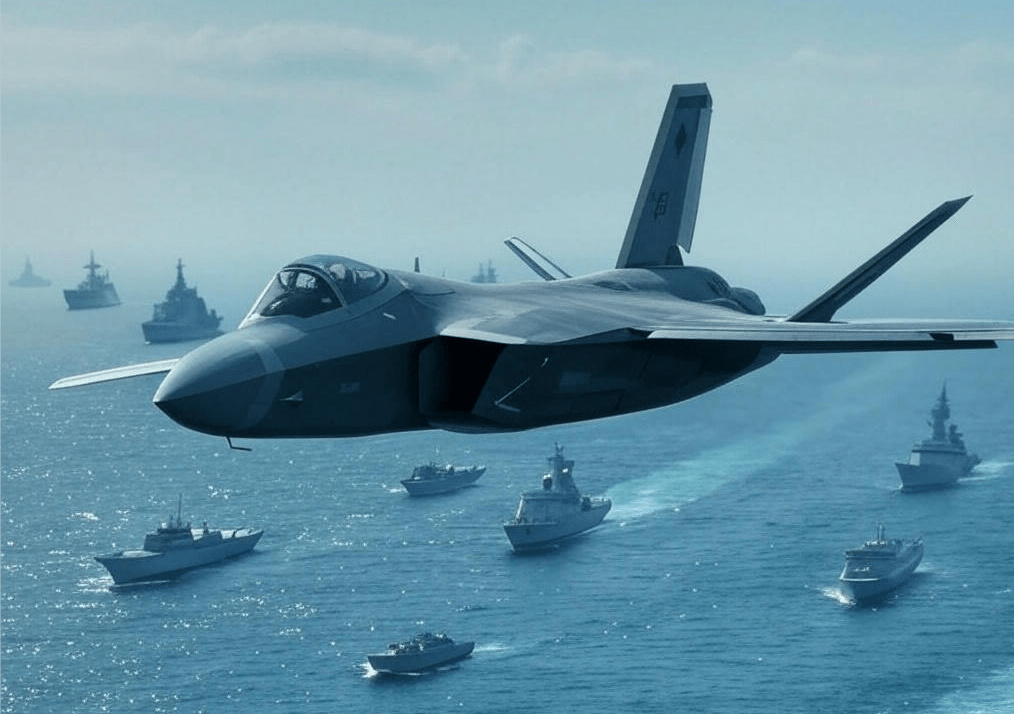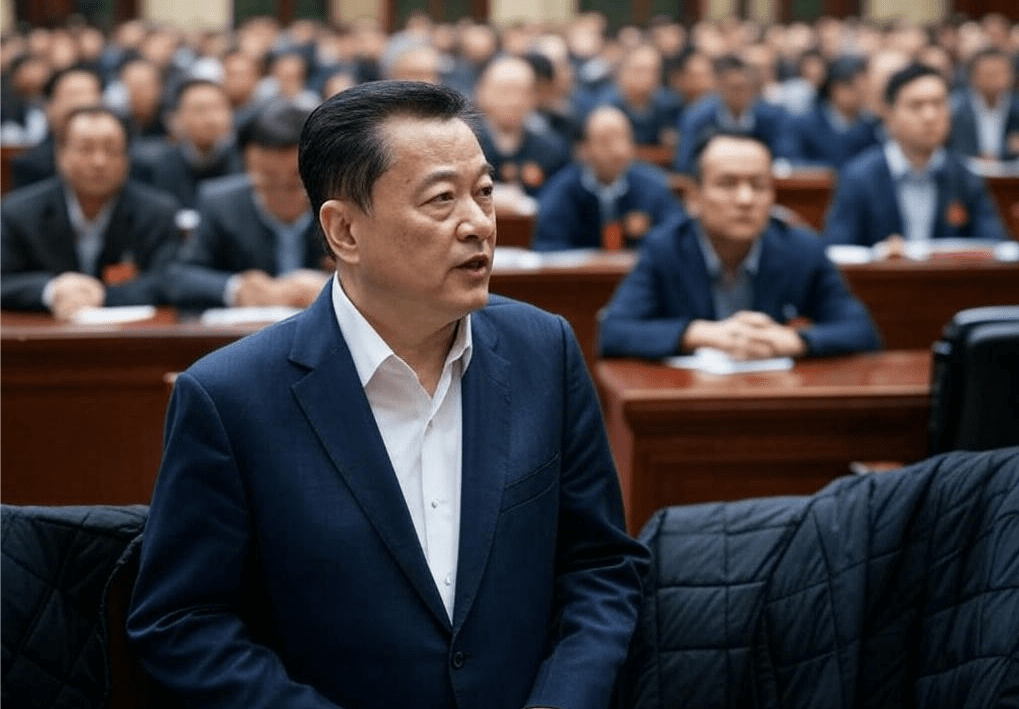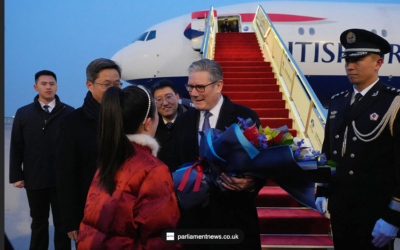The 2025 Two Sessions, a key political event in China, reaffirmed the country’s steadfast dedication to political stability and sovereignty amid a progressively complex global landscape. Given intensified geopolitical conflicts, economic decoupling, and evolving alliances, China’s leadership has opted to maintain its strategic priorities. The debates at the Two Sessions focused on protecting national sovereignty, maintaining internal political stability, and enhancing the country’s global influence. The Chinese government reaffirmed its position on territorial integrity, specifically in Taiwan, Hong Kong, and the South China Sea, while reiterating its governance and party control policies. Amid global problems, such as economic pressures from the West and escalating security concerns, China’s leadership has reaffirmed that national security is intrinsically linked to political stability.
National Security and Territorial Claims
Safeguarding its territorial claims is a key concern for China. In recent years, tensions over Taiwan and the South China Sea have escalated, partly due to increased U.S. military interference. In response, China has increased the modernization of its defense systems, from advanced military assets such as the J-20 interceptor, and the J-35A stealth fighter, to the H-20 stealth bomber, reportedly capable of reaching distances of up to 16,000 km, extending its reach into the Pacific.

China has also expanded its naval capabilities, including at least five unique, massive barges that could facilitate landing tanks on a shore. It includes new aircraft carriers and assault ships showing China’s readiness to assert its territorial claims. The West, particularly the United States, views these developments with concern, perceiving them as challenges to their dominance in the Indo-Pacific region.
During the Two Sessions, China maintained that Taiwan was an integral part of its territory and cautioned against “external interference.” This position is reinforced through military exercises and the implementation of stringent security laws aimed at countering “separatist forces.”
Economic Resilience Amid Global Pressures
Trump’s presidency, marked by several trade wars, has significantly influenced China’s economic strategies. The tariffs and trade restrictions imposed made China reassess economic dependencies and prioritize self-reliance. The “dual circulation” strategy, which emphasizes building domestic markets while retaining foreign trade, is significant to China’s economy.
During Two Sessions, China established a conservative GDP growth target of 5% for 2025 due to persistent economic problems, including unemployment, low property prices, and weak consumer spending. The government intends to raise its deficit target to generate internal demand and invest in high-tech industries, especially semiconductor manufacturing and artificial intelligence, to boost growth. These initiatives aim to lessen the effects of trade disputes and worldwide instability.
The “Made in China 2025” initiative has made significant progress. China reportedly leads in 37 out of 44 critical technologies, positioning it ahead of the U.S. in areas such as quantum computing and advanced manufacturing. This technological advancement depicts China’s commitment to reducing reliance on foreign technology and enhancing its global competitiveness.

Global Diplomacy and Internal Security
China’s foreign policy prioritizes balancing asserting its territorial claims and addressing international concerns. China aims to stabilize relations with Western nations while deepening ties with developing countries, positioning China as a stable force amid global instability. China has deepened relations with the European Union, Russia, and African countries like Zambia.
Domestically, measures to enhance internal security have been prioritized. “To modernize China’s system and capacity for national security,” Top legislator, Zhao Leji said in a report, Beijing will enact “an emergency management law, an energy law, an atomic energy law, and a hazardous chemicals safety law.” and revise “the National Defense Education Law and the Cybersecurity Law,”
The government plans to improve mechanisms for maintaining law and order, combating organized crime, and safeguarding national interests against foreign interference.
Impact on Western Nations
China’s strategic decisions have significant implications for Western countries, particularly the United States. The enhancement of China’s military capabilities challenges the traditional military dominance of the West in the Asia-Pacific region. Furthermore, China’s advancements in critical technologies intensify competition, forcing Western countries to strengthen their technological industries.
Economically, China’s emphasis on domestic demand and self-sufficiency may lessen its reliance on Western markets, which could change global trade dynamics. Western nations may have to reconsider their trade and economic policies with China.
Influence of Trump’s Policies
The strategic decisions made during the 2025 Two Sessions can be viewed, in part, as responses to policies implemented during President Trump’s administration. Trump’s trade war, which included export restrictions and tariffs, forced China to accelerate its efforts to become economically and technologically independent. Furthermore, China may have strengthened its defense capabilities due to the United States’ increased military involvement in the Asia-Pacific area under Trump.

The 2025 Two Sessions highlighted China’s strategic focus on reinforcing political stability and sovereignty. By increasing defense capabilities, implementing comprehensive security laws, and economic resilience strategies, China aims to preserve internal stability while navigating international challenges. These decisions, partly influenced by previous U.S. policy, affect global dynamics significantly, especially in Western countries. The world keenly watches as China becomes a more formidable nation.


